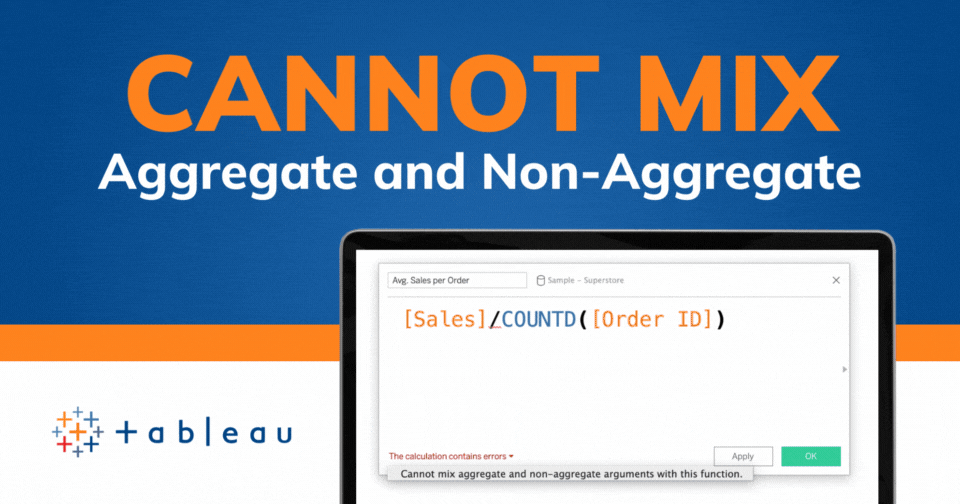Tableau Conference 2025 | Know Before You Go
If you’re a data enthusiast, analytics professional, or just someone curious about Tableau’s latest innovations, the Tableau Conference 2025 is your...
One of the main questions that I get asked when a client is considering moving their data warehouse to the Snowflake Data Cloud is, “What will the monthly cost be?”. Their usage-based pricing model is an intriguing concept and you only pay for what you use each month. While this pricing model has a lot of pros, it can also be difficult to extrapolate what that will look like for your organization, especially compared to an on-premise solution.
After helping a variety of organizations estimate their monthly cost, I refined the process to a few key questions that can help you reach a rough estimate of what you can expect to be charged each month. Time and time again, I found myself wanting an approachable tool that would help teams get a ballpark estimate that they could share with leadership to help understand the return-on-investment for building out a cloud data warehouse.
Without many Snowflake cost estimation options available, I decided to draw on my experience as a SnowPro Core Certified Consultant and build one!
There are many variables at play with the Snowflake usage-based pricing model, so the monthly price could end up being different than the initial estimation that you arrive at. This is especially true for the first few months, where you will be developing and testing as costs are naturally higher during those periods. Once you have most of the processes automated, the cost tends to level out each month. I recommend utilizing Resource Monitors to help you keep track of usage and which warehouses are using up the most resources.
The actual cost of computing in Snowflake also depends on the Cloud Provider and Edition you choose. You can learn more about those here. The price increases slightly with each edition to account for additional security and retention features in each tier.
Beyond the standard usage questions that we ask above, there are a few more charges that you may incur if you use some of the additional Snowflake functionally. There will be an additional cost if any data is transferred to a different region or outside of the cloud platform. Using the Snowflake tool Snowpipe will also come along with some additional fees. Data retention features like time travel also increase monthly storage costs. These all depend on your individual usage and configurations, so they are naturally more challenging to estimate.

Each month your Snowflake bill may look a little different, but hopefully this exercise can help you identify a range of what you can expect to pay! In many cases, Snowflake’s optimization can save you money when compared to operating a cloud warehouse through a traditional provider, all while making it easy to manage and pivot configurations as needed. If you’d like to learn more about how Snowflake can fit into your data and analytics strategy, use the link below to get in touch!
-2.gif)
If you’re a data enthusiast, analytics professional, or just someone curious about Tableau’s latest innovations, the Tableau Conference 2025 is your...

Tableau Plus is the new premium offering from Tableau, a leading data visualization and business intelligence platform. It builds upon the...

If you've spent any time working with Tableau, you've likely encountered the dreaded "Cannot Mix Aggregate and Non-Aggregate Arguments" error. It's a...